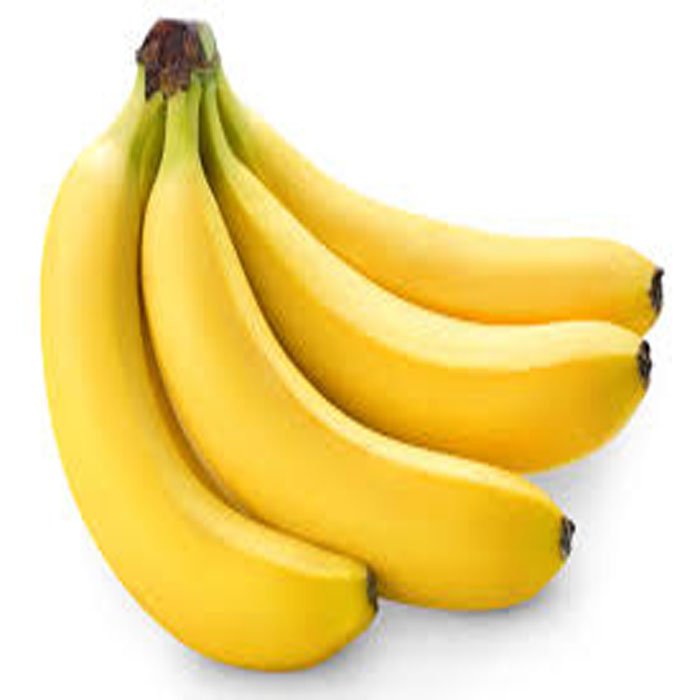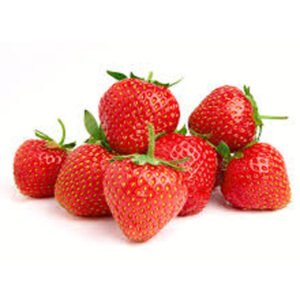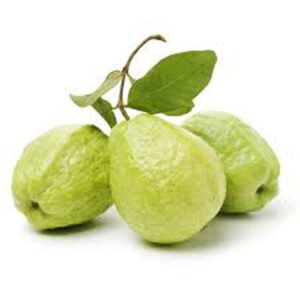Banana, fruit of the genus Musa, of the family Musaceae, one of the most important fruit crops of the world. The banana is grown in the tropics, and, though it is most widely consumed in those regions, it is valued worldwide for its flavour, nutritional value, and availability throughout the year. Cavendish, or dessert, bananas are most commonly eaten fresh, though they may be fried or mashed and chilled in pies or puddings. They may also be used to flavour muffins, cakes, or breads. Cooking varieties, or plantains, are starchy rather than sweet and are grown extensively as a staple food source in tropical regions; they are cooked when ripe or immature. A ripe fruit contains as much as 22 percent of carbohydrate and is high in dietary fibre, potassium, manganese, and vitamins B6 and C.
الموز، ثمرة من جنس موسى، من عائلة الموزيات، أحد أهم محاصيل الفاكهة في العالم. يزرع الموز في المناطق الاستوائية، ورغم أنه يستهلك على نطاق واسع في تلك المناطق، إلا أنه يحظى بتقدير عالمي بسبب نكهته وقيمته الغذائية وتوافره طوال العام. يتم تناول الموز الكافنديش، أو الحلوى، طازجًا في أغلب الأحيان، على الرغم من أنه قد يكون مقليًا أو مهروسًا ومبردًا في الفطائر أو البودنج. يمكن أيضًا استخدامه لنكهة الكعك أو الكعك أو الخبز. أصناف الطبخ، أو الموز، نشوية وليست حلوة وتزرع على نطاق واسع كمصدر غذائي أساسي في المناطق الاستوائية؛ يتم طهيها عندما تنضج أو غير ناضجة. تحتوي الفاكهة الناضجة على ما يصل إلى 22 في المائة من الكربوهيدرات وهي غنية بالألياف الغذائية والبوتاسيوم والمنجنيز وفيتامينات ب6 و ج.
Origin أصل Herkunft Origine:
India, Greek, Latin and Arab الهند واليونانية واللاتينية والعربية





Reviews
There are no reviews yet.